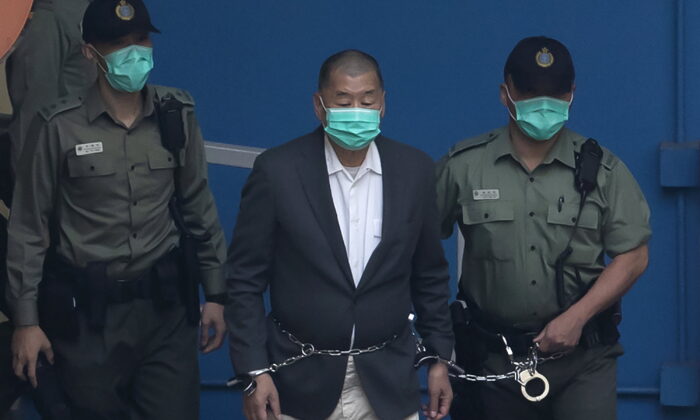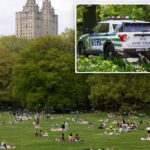Commentary
Reflecting on my time in Toronto, Canada at the end of April, my thoughts are consumed with the plight of political prisoners in Hong Kong, particularly their mental well-being within the harsh prison system. These individuals, who stand for freedom in Hong Kong, have been imprisoned under the National Security Law for political reasons.
Beijing’s actions, such as the implementation of the national security law and Basic Law Article 23, have drastically changed the landscape of Hong Kong. The once vibrant pro-democracy movement has been suppressed, and tensions between the local population and Beijing have escalated.
The introduction of Article 23 and the National Security Law has raised concerns about the safety of doing business in Hong Kong. These laws, while aimed at protecting national security, have been criticized for their vague provisions that could be used to silence dissent and target political opponents.
Businesses in Hong Kong now face increased risks due to government interference and legal uncertainties. The National Security Law allows authorities to crack down on activities seen as subversive, threatening the freedom of expression and association that were once a cornerstone of Hong Kong’s business environment.
Foreign investors and corporations are reconsidering their presence in Hong Kong due to these political developments. The loss of autonomy and erosion of the rule of law have raised doubts about the impartiality of the legal system and the ability to operate without political interference.
The freezing of accounts critical of Beijing’s policies has become a reality, highlighting the crackdown on dissenting voices. Figures like Jimmy Lai have been targeted to silence opposition and control civil society.
The imprisonment of activists like Jimmy Lai and the tightening grip of Beijing on Hong Kong’s political landscape signal a troubling shift. International condemnation and demands for the release of pro-democracy activists reflect global concern over the erosion of civil liberties in the region.
Despite the challenges faced by Hong Kong, there is hope in international solidarity and advocacy for human rights. Initiatives like renaming a street in honor of Jimmy Lai demonstrate that support for justice can prevail even in dark times.
As someone committed to advocating for Hong Kong’s freedom, I stand in solidarity with global efforts until all political prisoners are released. Together, we can work towards a future of freedom and justice in Hong Kong.
Edward Chin (錢志健) runs a family office and has been actively involved in advocating for justice in Hong Kong.
Chin is involved in various roles outside of the hedge funds space. He serves as the Convenor of 2047 and the Hong Kong Monitor, as well as a Senior Advisor of Reporters Without Borders (RSF, HK & Macau). Chin’s educational background includes studying speech communication at the University of Minnesota and earning his MBA from the University of Toronto.
Source link






